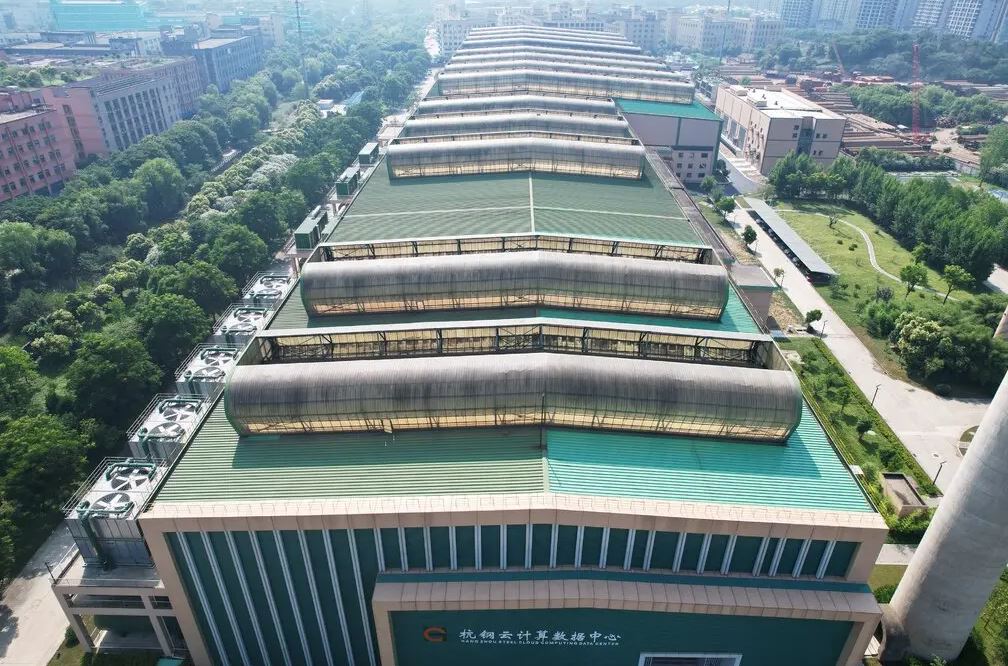According to several people familiar with the matter, the Biden administration is expected to announce new measures to restrict Chinese companies’ access to technologies that enable high-performance computing. This will be the latest in a series of moves aimed at hobbling Beijing’s ambitions to craft next-generation weapons and automate large-scale surveillance systems.
The restrictions, which might be disclosed as soon as this week, would be among the most substantial moves taken by the Biden administration to shut off China’s access to sophisticated semiconductor technology. The measures are expected to be announced as soon as this week. They would expand on a restriction that was implemented under the Trump administration that dealt a blow to the Chinese telecom giant Huawei by barring enterprises all over the globe from delivering it items that were created with the help of American technology, apparatus, or software.
The government in Washington plans to impose a number of limitations, one of which is a significant extension of a regulation known as the foreign direct product rule. It is also anticipated that the administration would make an effort to restrict the export of cutting-edge tools manufactured in the United States to the indigenous semiconductor sector in China.
According to the persons, the United States government also intends to place restrictions on the sale of microchips created in the United States to China’s most advanced supercomputing and data center projects. This restriction may make it more difficult for large academic institutions and internet companies like Alibaba and Tencent to acquire the components necessary to construct industry-leading data centres and supercomputers.
In the long run, as the performance levels of supercomputers continue to rise, the cap could seriously hinder China’s ability to develop the powerful number-crunching technology that forms the building block of innovations across a wide variety of fields, including the biosciences, artificial intelligence, and missile engineering. Reuters has before reported on restrictions placed on semiconductors and the equipment used to make chips.
Orville Schell, a longtime China scholar at the Asia Society, stated that the United States government was making moves to separate American and Chinese supply chains on semiconductors and semiconductor technology. This is due to the importance of semiconductors not only for national economies but also for weapon systems and other military applications.
According to Mr. Schell, in the most recent one to two months, authorities from the United States have been more worried about Chinese firms that create intermediate semiconductors. This is in contrast to Chinese companies that make only the tiniest and most cutting-edge technology. This is due to the fact that those older goods continue to be essential components for weapons, and the Chinese government does not want Chinese chip producers to leverage technology from the United States or partner countries in order to build such chips. In addition, they do not want Chinese businesses to become major players in the global supply chain.
For example, in the western Chinese region of Xinjiang, where hundreds of thousands of minority Uyghurs have been interned and surveilled, a supercomputer built with chips manufactured by Intel and Nvidia has been used to process footage collected from the numerous video cameras that are present in the region. This footage was collected by the supercomputer. Both Intel and Nvidia have said that they were ignorant of the alleged exploitation of their respective technologies and that they had no prior knowledge of the matter.
The export limitations are a component of a larger scheme hatched by the Biden administration to deprive China of vital technology while simultaneously funnelling funds into manufacturers in the United States that manufacture semiconductor chips. The restrictions have been taken as Beijing increases its hostility against Taiwan, which is responsible for the production of practically all of the world’s sophisticated semiconductors.
The sale of some highly advanced computer chips to China and Russia was subject to new regulations that were introduced by the Biden administration one month ago. These limitations were placed on high-end types of processors, sometimes known as graphic processing units, which were offered by firms located in Silicon Valley such as Nvidia and Advanced Micro Devices. The goods, which were first developed to produce visuals in video games, have become indispensable for massive computers that are used in the process of teaching artificial intelligence algorithms.
According to Paul Triolo, senior vice president for China at Albright Stonebridge Group, a strategy firm, the move was “probably the strongest sort of regulatory and export control statement that the U.S. government has made with respect to China’s access to U.S. technology,” and that it was coming at a sensitive time for the Chinese leadership, ahead of a meeting of the 20th congress of the Communist Party, which will begin on October 16. In addition, he stated that the move was “probably the strongest sort of regulatory

